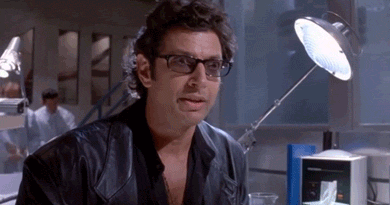Kalach
Filthy Apes!
- Joined
- Dec 3, 2008
- Messages
- 4,310
- MBTI Type
- INTJ
Imma claim the notions of causality are different. In scifi, in theory, you could get to the bottom of any causal chain in the story and find only impersonal physics. In fantasy, the important causal chains likely end up requiring some person to intervene and do magics.
And I personally wish to classify steampunk as fantasy. (a) because I find steampunk irritating, and (b) because an author has to intervene in the chain of impersonal events to get a steampunk story to happen.
/not scientific
And I personally wish to classify steampunk as fantasy. (a) because I find steampunk irritating, and (b) because an author has to intervene in the chain of impersonal events to get a steampunk story to happen.
/not scientific


